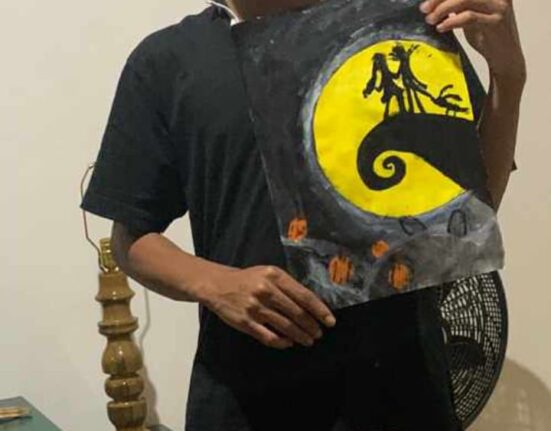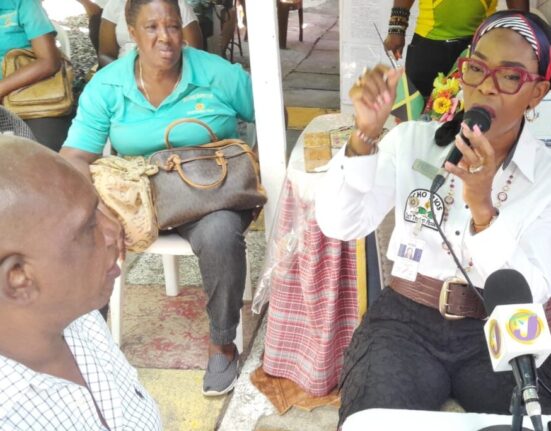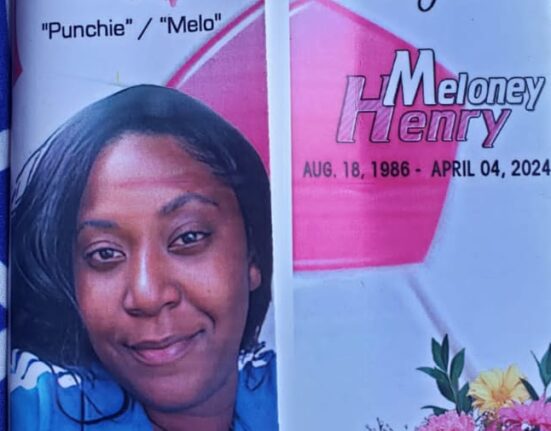The recent abduction of a nine-year-old girl in Warwick Mount, Great Pond, near Ocho Rios, St Ann, and the media coverage flowing from it have raised again issues about media ethics, coverage of children’s issues, including child abuse and how the use of the internet connects with these. The matter of gender also arises, if for nothing more than the fact that, as in most of these cases, the victim or the subject is female.The Child Care and Protection Act does in the first place proscribe how the reporting may take place. In addition, there are ethical and moral standards—written or not — set by different media houses, as variations of the Press Association of Jamaica’s own code.In the instant case, the first issue was whether, having heard the story we should carry it. Most media did. Then, should we name the child? And if not, should we name the mother who was making the complaint and whose distraught voice was recorded with her permission? In any case, the details of the abduction would pin point the child and family, in a small community like Warwick Mount; and how would the community, even the larger Jamaica, find a child if the photo was not used and we didn’t know who we were looking for?These maybe 50-year-old questions made redundant and irrelevant with the internet and a proliferation of smart phones and the so called “citizen journalist” who has never bothered to ‘google’ “media ethics” on his smart phone. Within hours of the report on radio stations, by mid-day Thursday, certainly before television evening news, the photo of the little girl and her name were all over the internet. She was already victimized. Media houses too, uploaded the picture in their “breaking news” segment.Now, usually where a child is abused we do not name the child or the parent because even naming the parent, means the child becomes known. Furthermore, in reporting cases of sex abuse, especially cases in the courts, journalists do not name the victim or establish her locale that would lead to her identification to those not already aware . Hence we would not say “the rape took place in the supermarket where she worked in Falmouth”, for example; or that the child was allegedly assaulted by her step father, and then name him and state his specific address. These are not refinements or abstractions, they are substantial moral hurdles to be navigated ever so often by editors and reporters.Yet, in this case the photograph was “published” by so many people on face book. The media houses lose face or, at least, in the eyes of some seem not to know the real story when they refuse to carry the name of the child (victim) later when the child has been found or to carry the details about whether the child was molested. The man in Warwick Mount or in the many nearby communities in Exchange who know the story first hand, as well as the woman and boy following the story, through facebook posts, or Twitter feeds in New York and Savanna –la-mar have good reason to believe the traditional media don’t know the details. “If the traditional media don’t or can’t tell the details to people why should people bother with the media?” The social media savvy man, woman or child is entitled to ask, and does ask every day. Now, these details are important, not because they satisfy any appetite for salaciousness as they may well do, because they raise at once the seriousness of the case and also tell other people how they may change or adjust their behavior if “it could have been me.”
You’ve got the point: in these days of instant communication and the internet, some of the rules of the journalism are buckling under the need weight of the need to know now, in a world village. The technology and society’s need for safety and its need to know, though sometimes out of joint, are sometimes all at odds with treasured journalistic principles and practice.The more people know about the case, the more authoritatively we (the community) can speak about it and learn from it. Was the child taken by a stranger? Meaning, there may be questions about how securely kept she was or whether she was targeted. Even more important , is there someone from the community, who is a predator and, hence, are other children are in danger. Indeed, Warwick Mount was the scene of a similar “abduction” less than 18 months ago, it provoked a media firestorm and the child “came home” and that was the end of that.It cannot be enough to leave it all hanging out there because the media wants to move on and not identify the perp or perhaps we want to hide the parent/guardian’s negligence or more. It cannot be enough to simply report that the police found the child or the child was found. There are things people should know. Unless we shouldn’t have reported, in the first place, the mother’s anxious screams that the child had been taken out of her bed and had disappeared.









